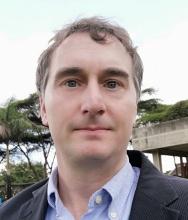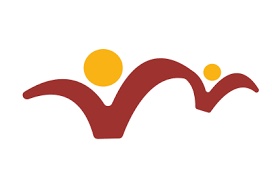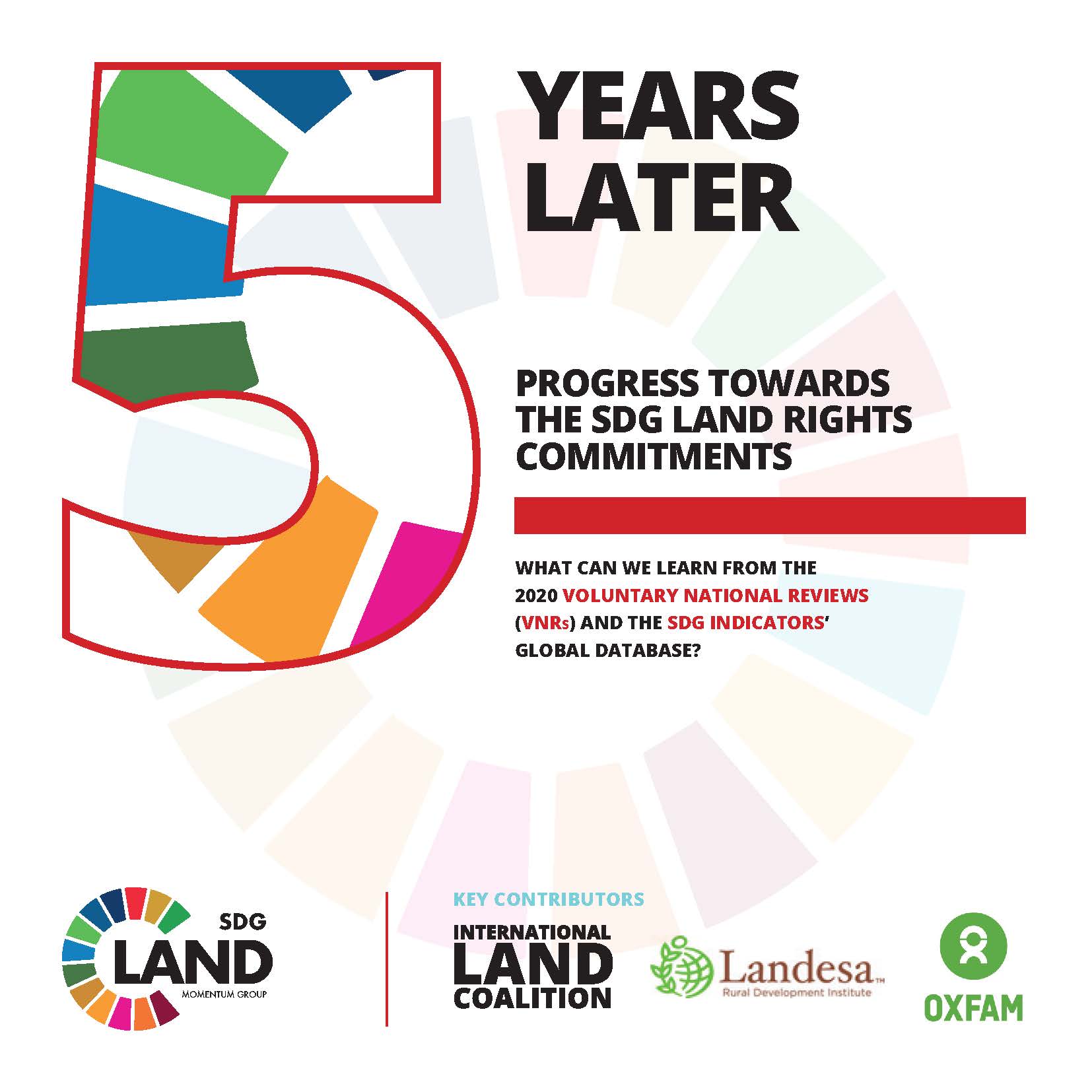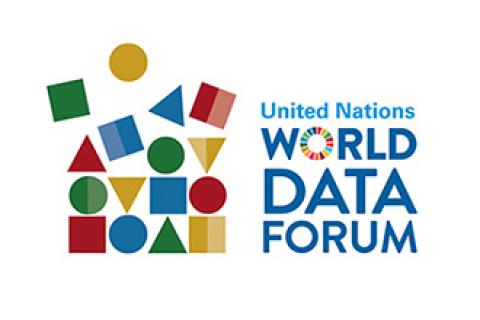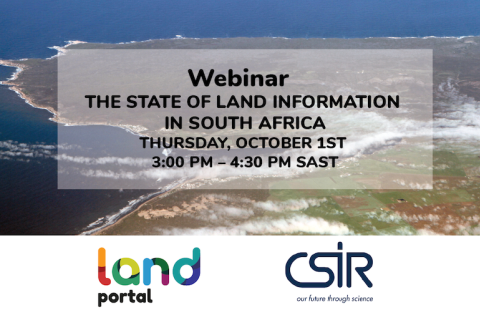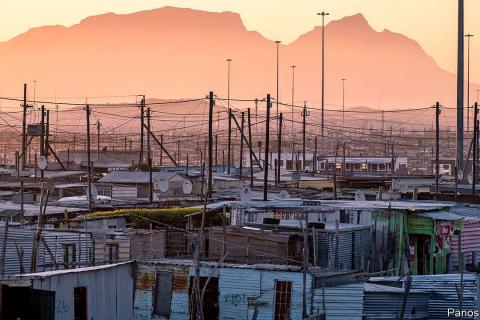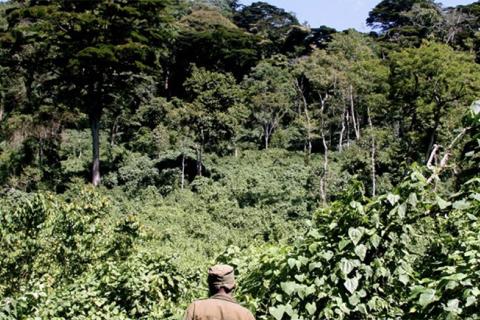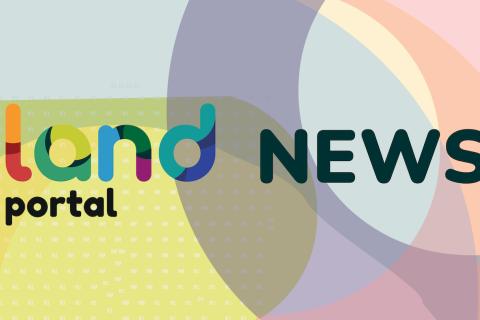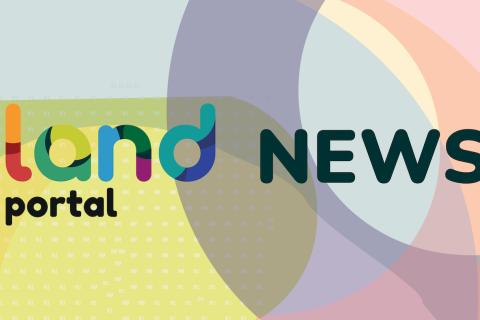Neil Sorensen joined the Land Portal as its Communications Specialist in October 2015. He has extensive experience leading communications for international organizations and developing relationships with civil society, donors, intergovernmental agencies, the media and the private sector. Previously, Neil worked for the International Fund for Agriculture Development (IFAD) as a Governing Bodies Officer and Strategic Adviser to the Secretary of IFAD. He has also led communications for three international organizations, including the International Land Coalition, the International Federation of Agricultural Producers (IFAP) and the International Federation of Organic Agriculture Movements (IFOAM). He holds a Master’s degree in Global Diplomacy from the University of London School of Oriental and African Studies (SOAS) as well as a Bachelor’s degree with a double major in German and Sociology from St. Cloud State University.
Details
Location
Contributions
Displaying 451 - 460 of 1145Vikalp Sangam
हिंदी में पढ़ने के लिए नीचे देखीये ।
The name 'Vikalp Sangam' is Hindi for 'Alternatives Confluence'.
As the world hurtles towards greater ecological devastation, inequalities, and social conflicts, the biggest question facing us is: are there alternative ways of meeting human needs and aspirations, without trashing the earth and without leaving half of humanity behind?
Unlocking the Land Data Ecosystem in South Africa
New Report delves into the State of Land Information (SOLI) in South Africa
Land governance in South Africa is a significant and complex political issue. The land information landscape reflects diversity of actors involved and extends from sophisticated statistical datasets and satellite imagery to local arguments for restitution based on oral records.
Progress Towards the SDG Land Rights Commitments
In 2015 we celebrated world leaders’ recognition of the foundational and strategic role that secure land rights for all –women and men, regardless of ethnicity, religion, place of residence, or civil, economic, social, or political status—must play to achieve a world free of poverty, hunger and systemic gender discrimination.
Use of semantics applied to food and agricultural data innovation systems as a key step to achieving the SDGs
FAO produces and synthesizes a wealth of information data across all the sectors to help eradicate poverty, eliminate hunger, food insecurity and malnutrition, make agriculture, forestry and fisheries more productive and sustainable, reduce rural poverty, enable inclusive and efficient agricultural and food systems, and increase the resilience of livelihoods to threats and crises. These information and data are in text, statistical, graphic and map formats that are accessible through a wide number of FAO Knowledge Platforms.
Webinar: The State of Land Information in South Africa
The State of Land Information in South Africa
Land Governance Lost in Translation - Exploring Semantic Technologies to Increase Discoverability of New Technologies & Data
Language and technology barriers are a very serious constraint to effectively exchange and learn from land data, information and technologies across the globe. We would like to explore whether we can gain inspiration from how semantic web technologies have overcome knowledge-sharing challenges in other sectors, such as the agriculture sector. With emerging technologies, new tools and ever-growing amounts of land data, we face a very real risk of losing the overview. Without this overview, data is much less likely to be used and thus be useful.
Communities, conservation & development in the age of COVID-19: Time for rethinking approaches
The global conservation community now faces the added challenge of Covid-19 on top of a longstanding set of complex conservation, sustainability, and development challenges. In the wake of this pandemic, return to business as usual is not a viable option. The existing systems and structures upon which conservation is based must evolve. Climate change, biodiversity conservation, and poverty elimination efforts have been further complicated by Covid-19, with the brunt of the pandemic borne most acutely by the poorest and most vulnerable.
World Bank Suspends Doing Business Report
-
The Doing Business Report (DBR) has been “paused” by the World Bank after acknowledging a number of “irregularities” in the data used.
-
The report—used to drive policy and regulatory changes favorable to businesses and corporations—ranks countries on the “ease of doing business.”
-
This suspension comes less than two years after the World Bank’s then-Chief Economist, Paul Romer, exposed the manipulation of DBR data to support right-wing governments in Chile.

